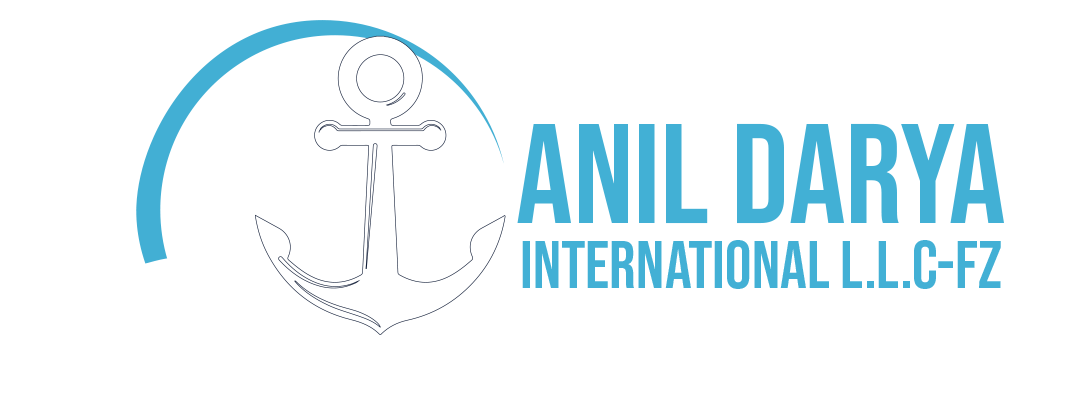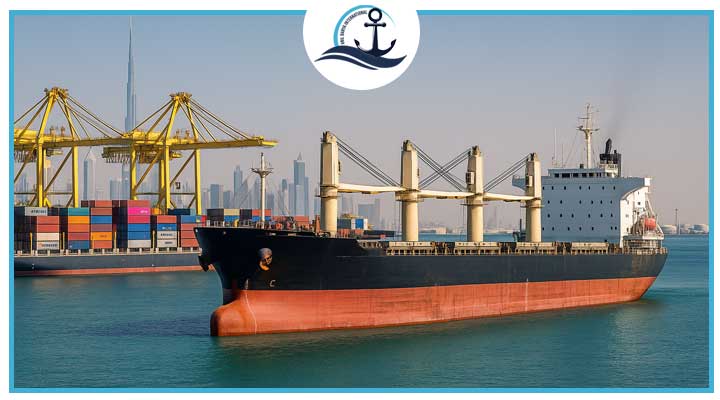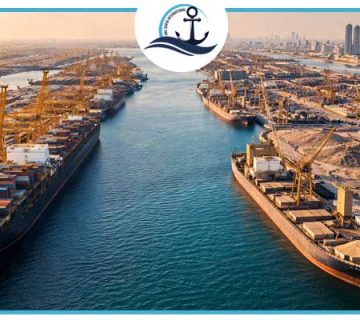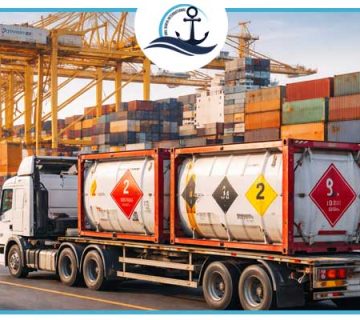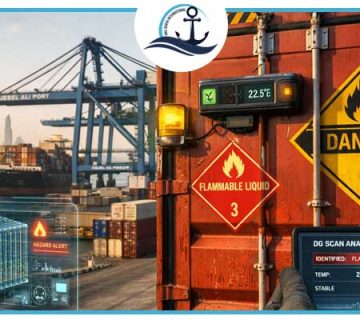|
Getting your Trinity Audio player ready...
|
Optimizing Bulk Cargo Routes From Dubai to Asia and Europe
Dubai has long served as the Middle East’s gateway for bulk cargo movements connecting Asia and Europe. Its strategic location between the Arabian Gulf, Indian Ocean, and Mediterranean trade lanes allows shippers to consolidate cargo from China, India, and Southeast Asia before dispatching to major European ports. Today, as global supply chains face pressure to reduce carbon emissions, optimizing Dubai bulk cargo routes is no longer only about speed and cost—it is also about Dubai green shipping strategies and low-carbon freight solutions.
Why Dubai Remains the Preferred Hub
Dubai’s Jebel Ali Port is the largest container and bulk facility in the region, supported by cutting-edge logistics parks, bonded warehouses, and direct road/rail links to the UAE and GCC markets. From Jebel Ali, carriers can access:
- Asia-bound lanes via the Arabian Sea and Strait of Malacca, ideal for shipments to India, China, Japan, and Korea.
- Europe-bound lanes through the Suez Canal, connecting directly to Mediterranean and Northern European ports.
These corridors give freight forwarders unmatched flexibility to balance transit time, cost, and environmental impact. Dubai’s position as a major hub for sea freight, air freight, and bulk cargo makes it ideal for trade between Asia and Europe.
Green Shipping and Sustainable Logistics
With global regulations tightening—such as the IMO 2025 carbon-intensity targets—carriers and shippers are prioritizing sustainable logistics in the UAE. Dubai authorities have already introduced incentives for low-carbon freight, including discounted port tariffs for vessels using cleaner fuels like LNG or bio-methanol.
Forwarders like Anil Darya Shipping work closely with shipping lines that deploy fuel-efficient vessels and invest in route optimization software to cut unnecessary mileage. Shorter routing through the Suez Canal, combined with slow-steaming techniques, can reduce CO₂ emissions by up to 20% compared to traditional high-speed voyages.
Key Steps to Optimize Routes


Accurate Cargo Classification and Planning
Understanding cargo type—whether dry bulk (grains, minerals) or break-bulk (machinery, project cargo)—determines the ideal vessel size and route. Anil Darya Shipping’s experts evaluate weight, dimensions, and handling requirements to minimize transshipment stops.
Seasonal Scheduling
Bulk freight between Dubai, Asia, and Europe is affected by monsoon seasons and canal maintenance schedules. Early booking allows shippers to secure space on green-certified carriers and avoid weather-related detours that increase fuel consumption.
Digital Tracking and AI Forecasting
Advanced analytics can identify congestion points in Jebel Ali, Singapore, or Mediterranean hubs. Real-time data allows for rerouting to secondary ports, ensuring faster clearance while maintaining sustainability goals.
Integration With Air and Sea Freight
While bulk cargo primarily travels by sea freight, certain high-value or time-sensitive shipments can benefit from air freight connections. Anil Darya Shipping offers combined sea freight and air freight solutions through Jebel Ali Port and Dubai International Airport (DXB). This multimodal approach helps clients balance speed, cost, and sustainability—allowing heavy bulk goods to move via low-carbon sea routes while urgent parcels or dangerous goods fly on carefully scheduled air lanes.
Cost and Environmental Benefits
Optimizing routes is not only about sustainability; it also saves money. Reduced fuel consumption directly lowers bunker costs, while participation in green shipping programs can qualify exporters for tax incentives or preferential customs treatment in Europe. Shippers who adopt low-carbon freight practices gain a competitive advantage when bidding for contracts with eco-conscious buyers.
Role of Anil Darya Shipping
As a Dubai-based specialist in bulk and break-bulk cargo, Anil Darya international L.L.c-FZ helps traders and manufacturers:
- Select carriers that meet Dubai green shipping benchmarks.
- Coordinate with port authorities for priority berthing of eco-friendly vessels.
- Prepare documentation for hazardous or dangerous goods to avoid delays or penalties.
The company’s team provides 24/7 customer support, transparent pricing, and real-time cargo tracking, ensuring that each shipment meets both economic and environmental objectives.
Planning a bulk shipment from Dubai to Asia or Europe?
Contact Anil Darya Shipping today for a free consultation on green routing, cost optimization, and regulatory compliance.
Frequently Asked Questions (FAQ)
Spring and early autumn offer stable weather and lower congestion at the Suez Canal, reducing delays and emissions.
Fuel-efficient vessels and optimized routing cut bunker consumption, which is the largest operating expense for carriers.
Yes, but only with certified packaging and documentation. Anil Darya Shipping provides full compliance with IMO and UAE hazardous cargo rules.
Many carriers now operate with LNG, biofuels, or methanol to meet IMO 2025 emission targets.
Not necessarily. Advanced scheduling and digital tracking often shorten delivery times while lowering carbon output.
Absolutely. For urgent cargo, the company arranges multimodal solutions through DXB to balance speed and sustainability.
Typical documents include a Bill of Lading, Packing List, and Certificates of Origin. Dangerous goods require special permits.
Clients receive real-time updates through Anil Darya’s digital tracking platform, ensuring full visibility from Dubai to final destination.
Yes. Dubai and several European ports offer tariff discounts and priority berthing for eco-friendly vessels.
Simply visit the Anil Darya Shipping contact page or call the Dubai office for a free, no-obligation quote.
